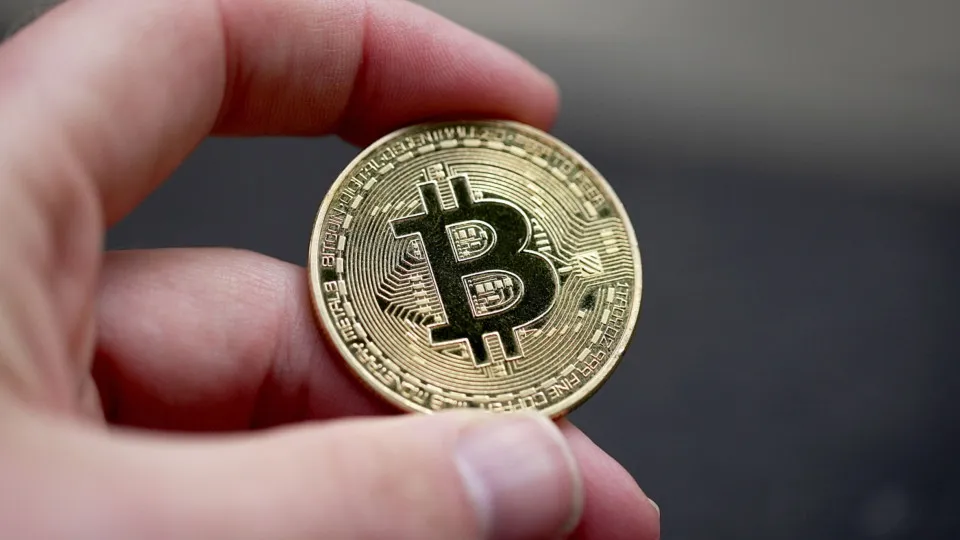Bitcoin remains one of the most popular digital assets. It aims to be a digital version of gold—an innovative currency that operates outside of banks and government institutions, with its value determined by the agreement of its users.
So, how exactly does Bitcoin work, and why is everyone so interested in this form of currency? Click on to find the answers.



